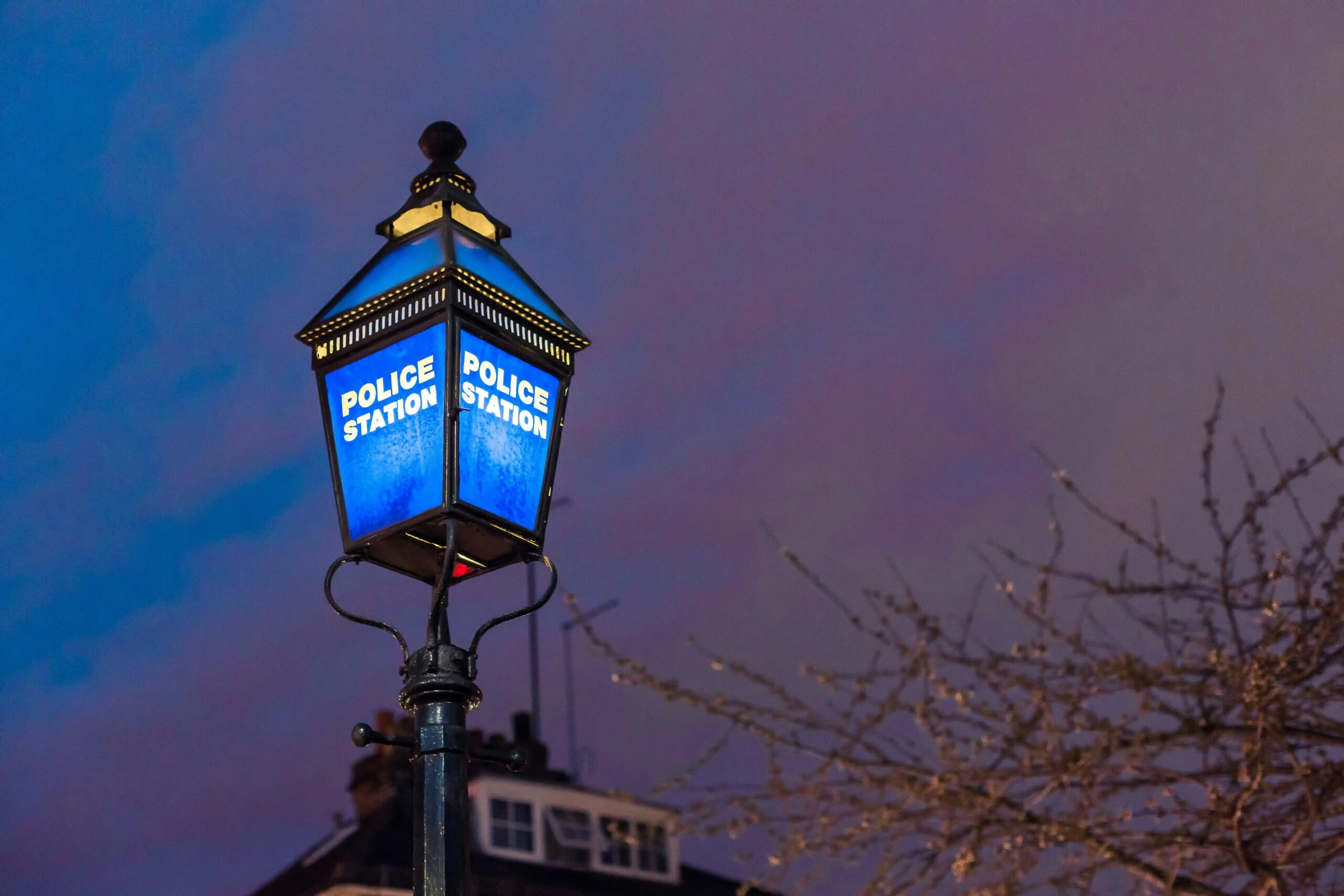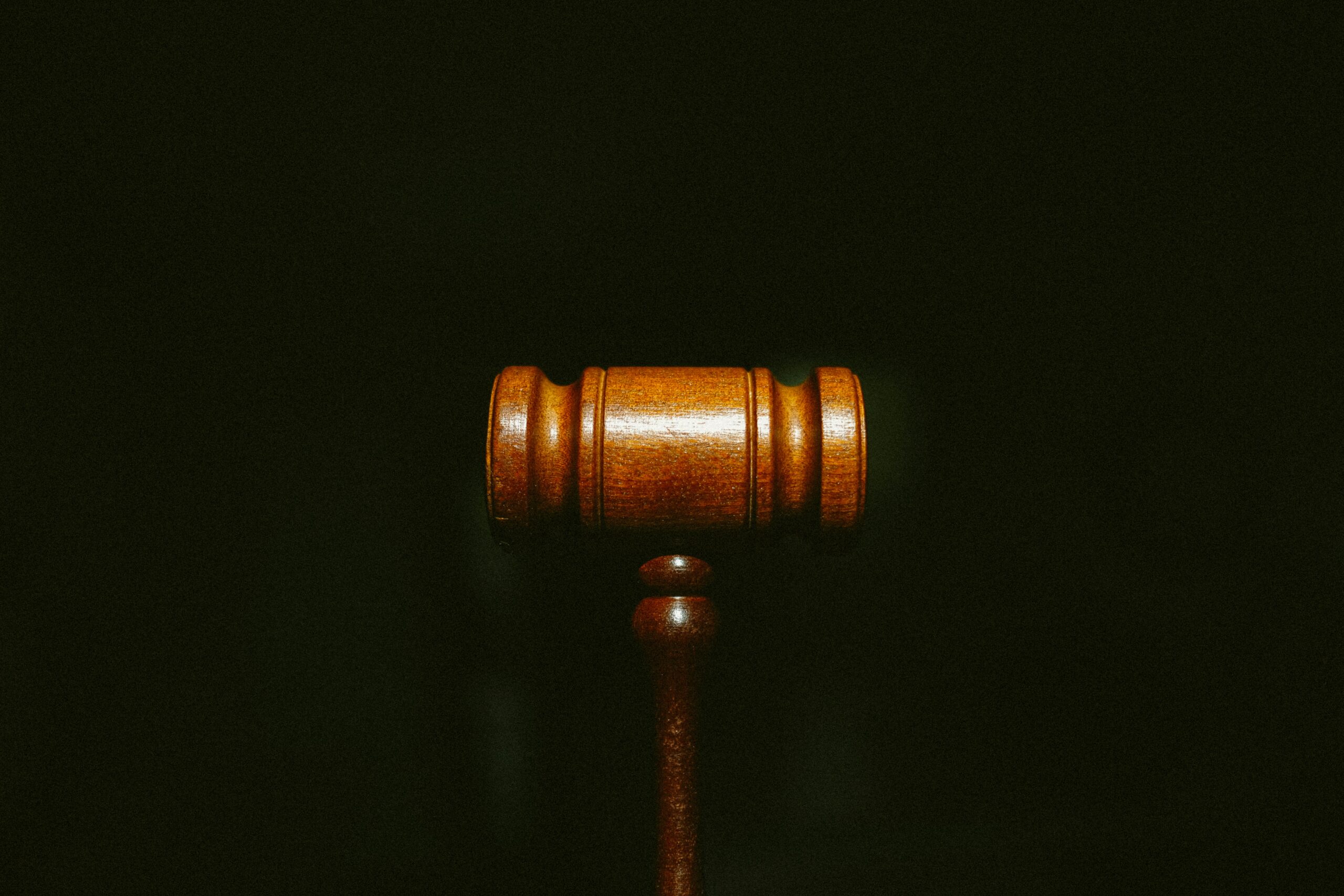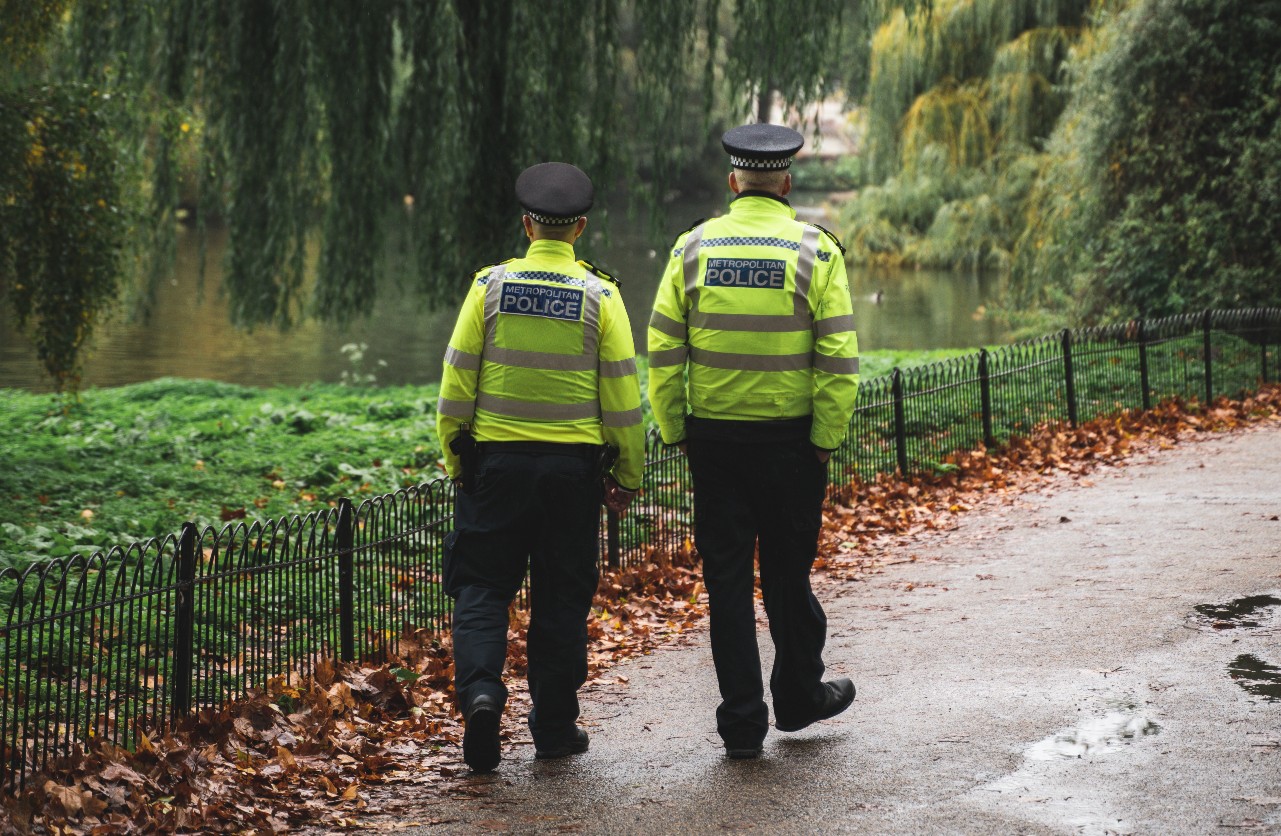How Long Does a Criminal Record Last?
Having a criminal record can significantly impact your life in many ways, from job applications to securing a visa. Given these potential consequences, it’s no surprise that one of the most frequent questions we receive is, “How long does a criminal record last?”
In this guide, specialist DBS solicitor Mark Hopwell will cover the essential information you need to understand how long a criminal record can affect you and what factors come into play.
If you’re interested in one particular section, use the links below to navigate straight to it:
- What is a criminal record?
- Who has access to criminal records?
- How long do offences stay on your criminal record?
- Do spent convictions show up on your criminal record?
- When are cautions removed from a criminal record?
- Which convictions are never removed from a criminal record?
- Can you get your criminal record cleared?
- How can I see my own criminal record?
- How we can help
Want to discuss how our solicitors can assist with your criminal record? Contact our team today.
What is a criminal record?
A criminal record is a log of all information regarding a person’s criminal history on the Police National Computer (PNC). In addition to any convictions, these records contain information about cautions and also ‘soft intelligence’ – this includes arrests records, no further action (NFA) allegations and non-conviction outcomes at court.
Who has access to criminal records?
There is a wide range of law enforcement agencies that can access the information stored in the ACRO Criminal Records Office (ACRO). These include the following:
- The Crown Prosecution Service (CPS)
- The National Crime Agency (NCA)
- Local police services
- Local authorities, such as Nottingham City Council
- Government agencies, such as the Department of Work and Pensions (DWP)
How long do offences stay on your criminal record?
The duration a conviction stays on a person’s record is influenced by the crime’s nature, the prison time served, and the offender’s age at the time of the crime. Convictions with sentences under four years may become ‘spent’ following a designated rehabilitation period.
Under the Rehabilitation of Offenders Act 1974 (ROA), if the offender was 18 or older at the time of the crime, the conviction will be considered spent 11 years from the conviction date. For those under 18, the period is reduced to 5.5 years. To qualify as spent, the individual must have maintained a clean record since the original crime, and the crime must not be deemed serious enough to pose a safeguarding risk.
However, if the prison sentence exceeds four years, including suspended sentences, the conviction will remain ‘unspent’ on the individual’s criminal record indefinitely.
How long does a caution stay on your record?
A police caution is retained on the PNC for 100 years unless deleted. The retention of cautions on your PNC record is separate from the disclosure rules for DBS checks. Learn more about the practicalities and how long police cautions last.
Does a criminal record expire?
Most of the time, a criminal record does not expire and the police will retain this information for your entire life. However, as long as the offence committed isn’t considered a specific offence, a criminal record check could come back clear after 6-10 years.
Do spent convictions show up on your criminal record?
After you get a conviction or caution, it’s usually ‘unspent’ for a specific amount of time. The duration depends on the type of punishment or sentence you received.
An unspent conviction or caution means:
- It’s on your basic criminal record.
- It will show up on any DBS check (criminal record check).
Most convictions or cautions become ‘spent’ after a specific amount of time, which might range from a few months to several years, or even immediately in some cases.
A spent conviction or caution means:
- It’s no longer on your basic criminal record.
- It will only appear on a more detailed DBS check, known as a ‘standard’ or ‘enhanced’ check unless it has been removed (‘filtered’) from the DBS certificate.
In summary, spent convictions do not show up on your basic criminal record but may still be visible on more comprehensive DBS checks unless they have been filtered out.
When are cautions removed from a criminal record?
A police caution will only ever be removed under ‘exceptional circumstances’, such as situations in which the removal is in the ‘public interest’. However, it requires compelling grounds to be put forward that are sufficient to persuade the police that the caution ought not to remain on the PNC.
If the police don’t agree to remove your police caution, it is possible to challenge that decision through Judicial Review proceedings at the Administrative Court.
Which convictions are never removed from a criminal record?
A ‘specified offence’ is one which is on the list of offences that will never be filtered from standard and enhanced DBS checks. This is because these types of crimes are considered particularly dangerous or harmful. The list includes a range of offences which relate to sexual or violent offences, or are relevant in the context of safeguarding.
Can you get your criminal record cleared?
Yes, in the UK, individuals have the opportunity to clear their criminal records through a process called “criminal record expungement” or “criminal record deletion” by application to the police force that owns the record. This involves applying to have certain convictions or cautions removed from their record, which can significantly improve employment prospects and other opportunities.
How can I see my own criminal record?
If you want to find out what is on your criminal record, you can apply for a copy of the details held on the Police National Computer (PNC) through ACRO.
How we can help
Whether you need assistance understanding the duration of your criminal record, disputing information on your DBS certificate, or exploring options for clearing your record, our team of specialist DBS solicitors is here to help.
Contact us today for a free consultation and advice on the best course of action.



